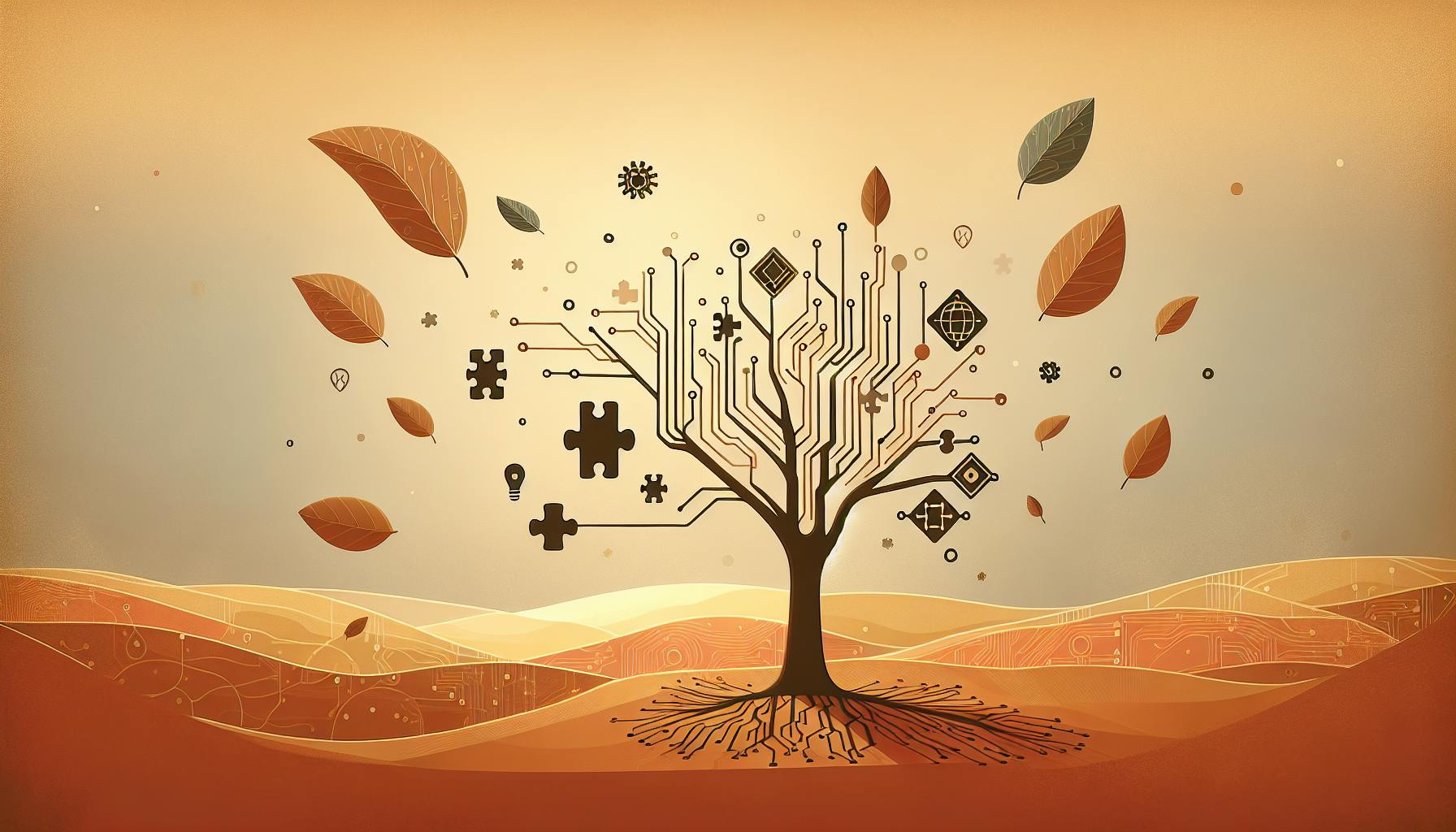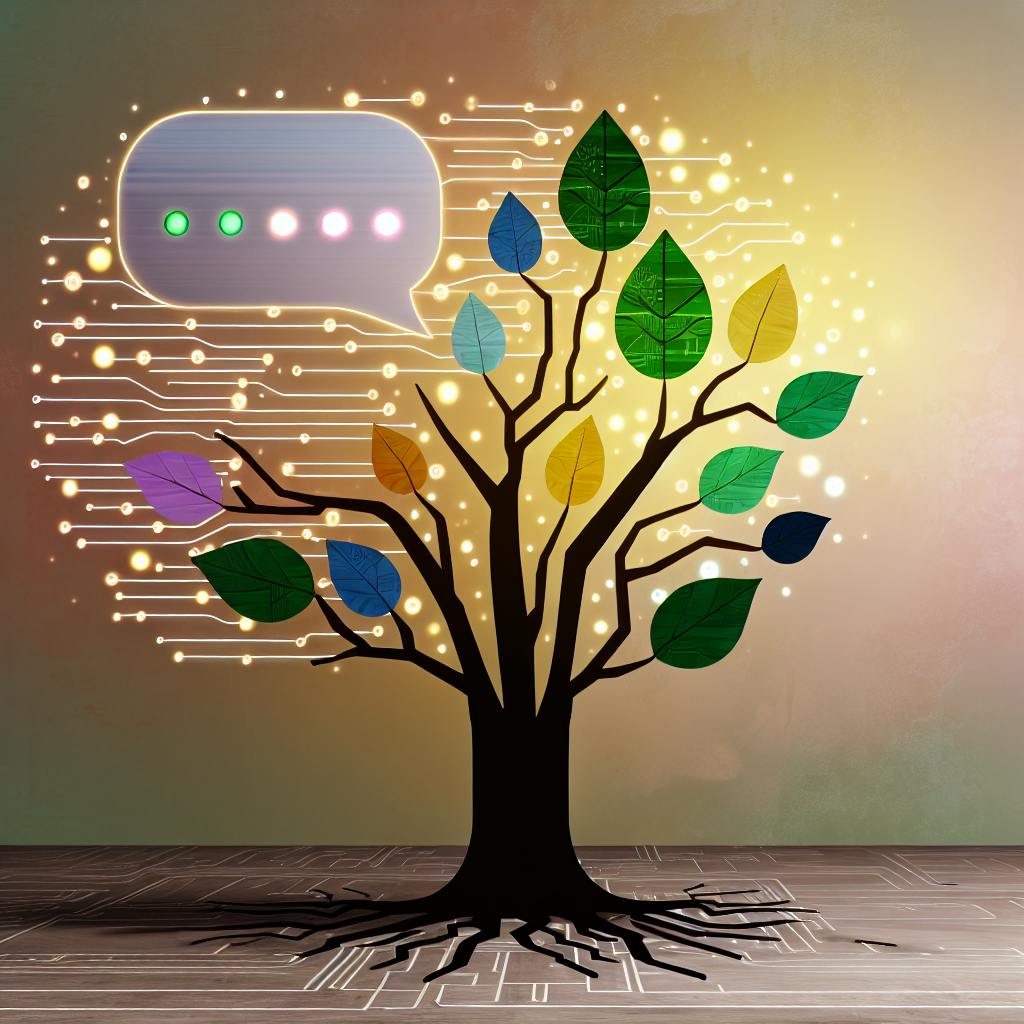Introduction: Discovering the Perfect GPTs for Your Needs
Chatbots powered by Generative Pre-trained Transformer (GPT) models like ChatGPT have exploded in popularity recently. As more people interact with these AI chatbots, there is growing demand to customize and enhance them for specific use cases beyond the foundation models.
For example, while ChatGPT itself can hold conversations and generate human-like text on a wide range of topics, it has limitations. These include gaps in factual accuracy, reasoning ability, and skills for niche tasks like medical diagnosis or computer coding.
The goal here is to match users to open-source and specialized GPT solutions flexible enough for diverse applications. With an abundance of models now available, accessibility and discovery are key to finding the ideal GPTs aligned to your needs.
Let's explore the world of GPT chatbots, understand the specialization options, and navigate the All GPTs Directory to connect you to the perfect AI assistant. The journey ahead promises abundant innovation potential.
Defining GPT Chatbots and Their Capabilities
ChatGPT itself is just one example of a foundation GPT model trained on vast datasets to hold conversations and generate human-like text and code. The quality of outputs depends heavily on training data and the model's learned inferences.
While powerful, existing GPTs have limitations in actual reasoning ability versus just text prediction. Specialized variants address gaps by targeting niche tasks with customized training objectives, datasets, and model architectures.
Let's delve deeper into real-world GPT use cases and opportunities to enhance baseline models.
Understanding Custom GPT Variants and Specializations
Rather than reinventing the wheel, GPT innovators fine-tune foundation models like ChatGPT for specific applications. Specialized modules, blended model architectures, and updated training workflows allow efficient enhancement.
For example, a hybrid GPT trained on medical journals and case files could answer patient questions and suggest diagnosis paths far better than baseline ChatGPT. Similarly, models customized for search relevance or product summarization greatly outperform generalists.
Industry use cases span healthcare, finance, marketing, and more. Hybrid GPTs with rules-based components address reasoning gaps while pushing new performance frontiers.
The customization journey promises abundant opportunity to build ideal AI assistants tailored to your needs.
Navigating the All GPTs Directory Listings
With so many GPT possibilities now emerging, the All GPTs Directory aims to match innovators to the perfect solutions. Let's explore how to filter and compare the model listings available.
Browse By Use Case
The directory organizes GPTs by specialized industry and functional categories. Browsing real-world examples spanning healthcare, legal, engineering use cases helps match models to your application.
Selecting required capabilities and comparing fine-tuned model options for each scenario simplifies your discovery journey. Find the ideal assistants aligned to your needs.
Search By Model Details
Diving deeper, filters help you search GPT archives by model architecture properties like size, depth, and context window length. Aligning these structural attributes to your performance requirements adds precision.
You can also filter models by specialized training objectives and view sample outputs to benchmark quality. Evaluating metrics like compute requirements helps ensure a smooth integration experience.
Combine browsing by use case and detailed model searches to connect with your perfect GPT match!
Integrating Complementary Open and Licensed GPTs
With a world of possibility before you, what are the best practices for putting gpt free models to work? Blending complementary open and managed models can provide an optimal hybrid solution.
Open and Free GPT Options
Many high potential open gpt free repositories now exist. Leaders like Anthropic, Stability AI, and EleutherAI pioneer publicly available models with impressive innovations.
Challenges with unsupported open source models can include governance gaps and sustainability. Combining them with reliable licensed services helps address these concerns through partnerships focused on security, compliance, and continuous advancement.
Licensed and Supported GPT Offerings
Managed platforms from leaders like Anthropic, Cohere, and Character.ai provide supported licensing models for customized GPT needs. With SLAs, compliance assurances, and ongoing model upgrades in place, these services enable smooth integrations.
Blending open innovations with reliable licensed platforms offers an optimal mix of experimentation potential and production-grade services tailored to your use case requirements.
Conclusion and Key Takeaways
The GPT innovation landscape promises abundant potential to enhance ChatGPT and build ideal AI assistants personalized to your needs.
Aligning specialized open and managed models by use case while considering integration requirements simplifies the discovery journey. Ongoing governance and updates will help customized GPTs continue delivering value and advancing new possibilities.
The customization journey ahead offers much innovation yet to unfold.


